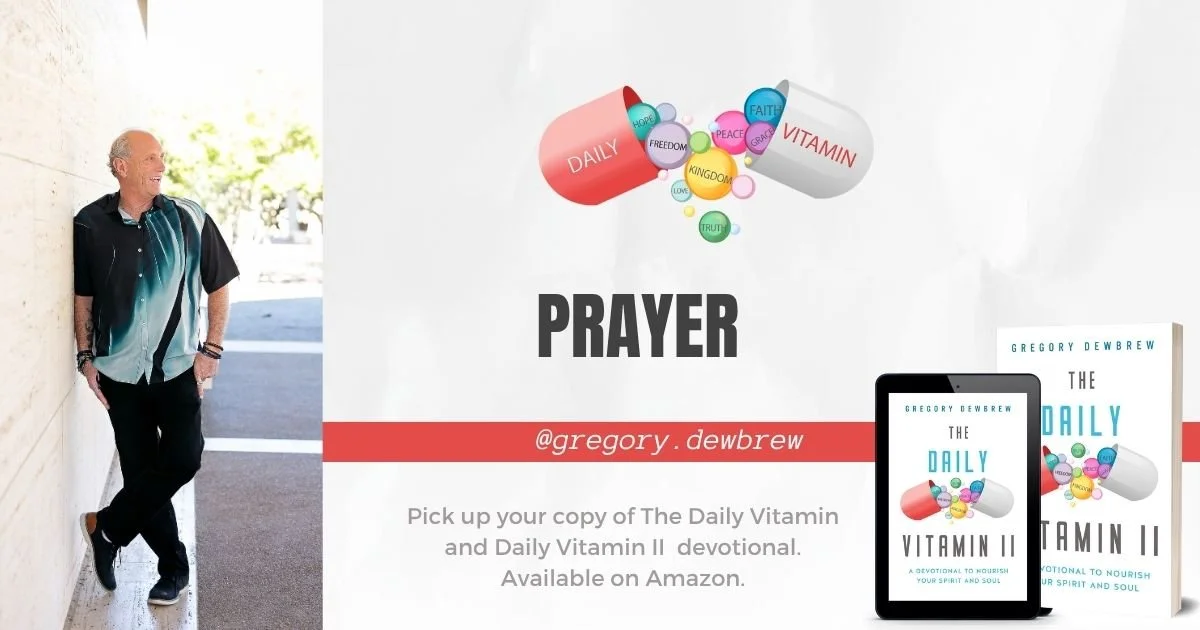
Offense
Today's Highlights
The Challenge of Proximity
The people who hurt us most are often those we love most. Family members, close friends, and fellow believers have the greatest capacity to wound us because they have access to our hearts. Peter's question reveals a universal struggle—when someone keeps hurting us, our natural inclination is to set limits on grace.
Beyond Human Mathematics
Jesus' response of "seventy times seven" isn't meant to be calculated literally—it's His way of saying forgiveness should be limitless. This mathematical impossibility points us to a spiritual truth: we cannot forgive in our own strength. We need divine intervention.
The Mirror of Forgiveness
Matthew 6:14-15 presents a sobering reality—our willingness to forgive others reflects our understanding of God's forgiveness toward us. When we withhold mercy, we reveal that we've forgotten how much we've been forgiven.
The Holy Spirit's Enabling
True forgiveness isn't a feeling; it's a choice empowered by the Holy Spirit. We can choose to forgive even when our emotions haven't caught up. As we make that choice repeatedly, God transforms our hearts.
Breaking the Cycle
Today's culture often promotes cutting people off rather than working through offense. But Jesus calls us to a higher way—one that breaks cycles of hurt and builds bridges instead of walls.
Reflection Questions
Who came to mind when you read about withholding forgiveness?
How has God's forgiveness toward you changed your perspective on forgiving others?
What would it look like practically to forgive "seventy times seven" in your current relationships?
Closing Declaration
Today, I choose to be a conduit of God's grace. I release those who have offended me and trust the Holy Spirit to heal my heart. I will not allow unforgiveness to rob me of the freedom Christ died to give me. I am forgiven, therefore I forgive.

















